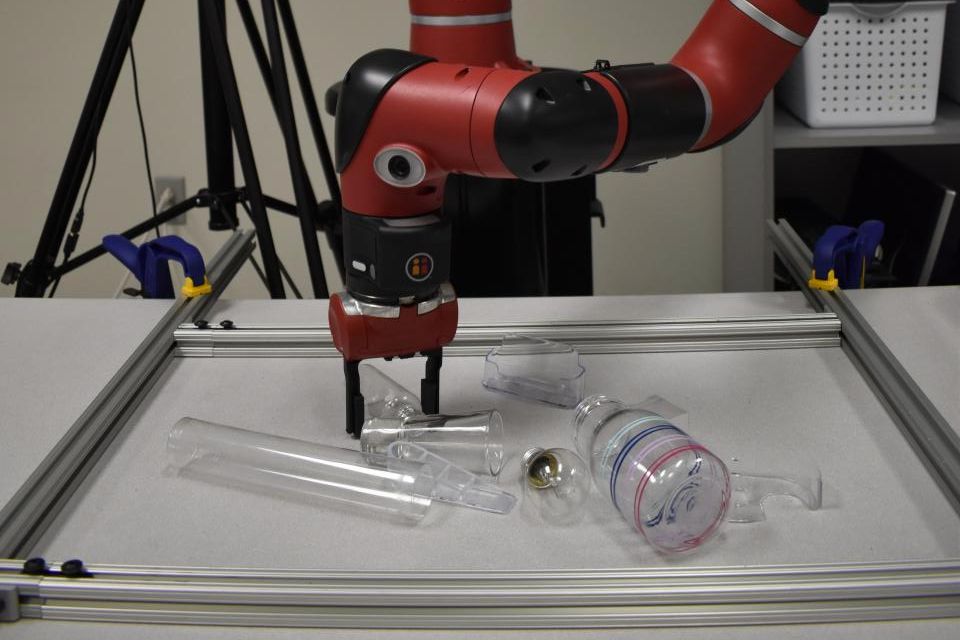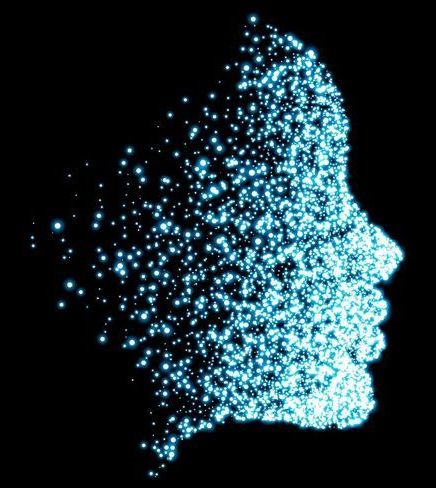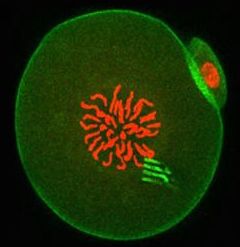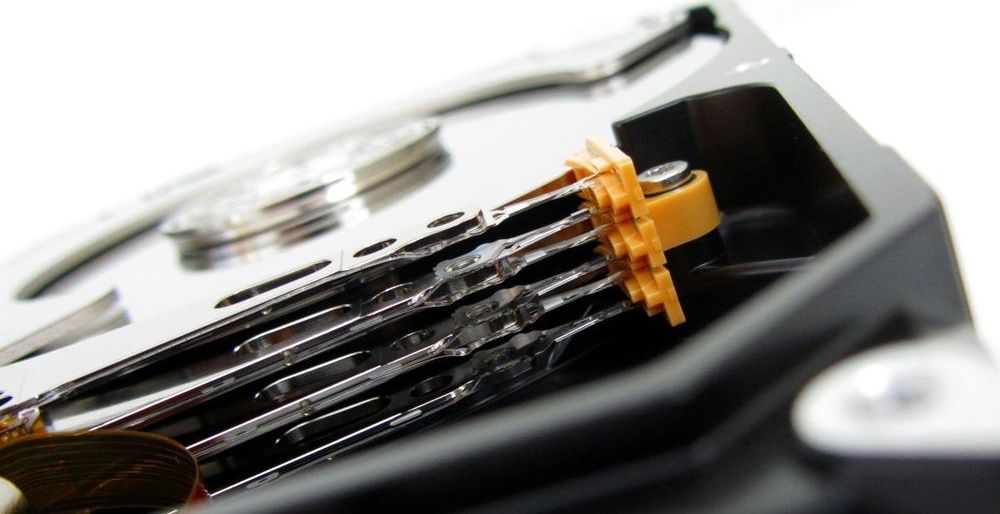The latest AI algorithms are probing the evolution of galaxies, calculating quantum wave functions, discovering new chemical compounds and more. Is there anything that scientists do that can’t be automated?
Get the latest international news and world events from around the world.
AI helps drone swarms navigate through crowded, unfamiliar spaces
Researchers have developed AI that lets drone swarms navigate cluttered, unmapped spaces without collisions.

Scientists hack mouse brains to “delete” opioid addiction
To treat the mice, the team gave them brain implants: a fiber optic that shined light onto a region called the paraventricular thalamus and blocked withdrawal symptoms. A day later, the mice no longer sought out morphine and relapse — or at least do the lab mouse version of relapsing — even after two weeks.
According to the new research, published Thursday in the journal Neuron, people relapse partially because they miss the high, but more so because the symptoms of withdrawal can often be overwhelming. By down those symptoms, the mice appear to be able to kick the habit more easily.
“Our success in preventing relapse in rodents may one day translate to an enduring treatment of opioid addiction in people,” CAS researcher Zhu Yingjie said in a press release.

Computer vision tech helps robots get a grasp on transparent objects
In order to see and then grasp objects, robots typically utilize depth-sensing cameras like the Microsoft Kinect. And while such cameras may be thwarted by transparent or shiny objects, scientists at Carnegie Mellon University have developed a work-around.
Depth-sensing cameras function by shining infrared laser beams onto an object, then measuring the amount of time that it takes for the light to reflect off of the contours of that object, and back to sensors on the camera.
While this system works well enough on relatively dull opaque objects, it has problems with transparent items that much of the light passes through, or shiny objects that scatter the reflected light. That’s where the Carnegie Mellon system comes in, by utilizing a color optical camera that also functions as a depth-sensing camera.

Trust Stamp integrating biometric hash solution with Mastercard on children’s vaccine record system
Digital identity capabilities from Trust Stamp are now being integrated with Mastercard’s Wellness Pass solution, which it will launch in cooperation with Gavi in West Africa. Proving identity without revealing any information about it is the idea behind Trust Stamp’s zero knowledge approach to online identity verification, according to a profile by Mastercard.
Gareth Genner, Trust Stamp co-founder and CEO, explains in an interview how the company’s Evergreen Hash technology uses biometrics without taking on the risk of spoofing or a data breach that he says come with standard biometric implementations.
The Evergreen Hash is created from the customers face, palm or fingerprint biometrics, which the company uses to generate a “3D mask,” discarding raw data and adding encryption to associate the data with the user.

What Is Dexamethasone? About the Life-Saving Drug Repurposed for Coronavirus
Please stop saying “There is no treatment for coronavirus”, coronavirus can be treated many ways. Anything can be treated many ways. When one says, “This can not be done”, one has already given up. When one says, “I can”, one at least makes an effort, and even failure is a lesson that leads to success. The WHO is already promoting the Moderna vaccine, yet it takes years to develop a vaccine properly. Any scientist will tell you it is faster to repurpose drugs than to develop a vaccine. Even in Kenya, they will not tell you how people are being treated, but already they are talking about the Moderna Vaccine.
Sometimes, old drugs find a new purpose. A widely available steroid called dexamethasone might hold the potential to save a lot of lives that otherwise would be lost to coronavirus. Preliminary results released from a randomized and controlled clinical trial involving more than 6,000 patients found that administering dexamethasone significantly reduced deaths among those with severe COVID-19 illnesses.
The study, which has not yet been published in a peer-reviewed journal, found that the drug reduced deaths by one-third among patients on mechanical ventilators, and by one-fifth among patients receiving other forms of supplemental oxygen. Although dexamethasone is a far cry from a coronavirus cure, it feels like the first good news to transpire since earlier this spring, when the antiviral drug remdesivir showed it could modestly improve survival among COVID-19 patients.

Tracking the physics of biological cells using nanodevices (video)
For the first time, scientists have introduced minuscule tracking devices directly into the interior of mammalian cells, giving an unprecedented peek into the processes that govern the beginning of development. This work on one-cell embryos is set to shift our understanding of the mechanisms that underpin cellular behaviour in general, and may ultimately provide insights into what goes wrong in ageing and disease.
The research, led by Professor Tony Perry from the Department of Biology and Biochemistry at the University of Bath, involved injecting a silicon-based nanodevice together with sperm into the egg cell of a mouse. The result was a healthy, fertilised egg containing a tracking device.
The tiny devices are a little like spiders, complete with eight highly flexible ‘legs’. The legs measure the ‘pulling and pushing’ forces exerted in the cell interior to a very high level of precision, thereby revealing the cellular forces at play and showing how intracellular matter rearranged itself over time.
Homeroom with Sal & David Sinclair, PhD — Tuesday, July 14
Want to learn how we age and whether we can slow or even reverse aging? David Sinclair, PhD, professor of genetics at Harvard Medical School, says in his book “Lifespan” that aging is a disease, and that disease is treatable. Tune in to Homeroom with Sal on Tuesday at noon PT to get your questions answered by a leading expert on aging and age-associated diseases.
For more information visit: keeplearning.khanacademy.org
Khan Academy is a nonprofit with a mission to provide a free, world-class education for anyone, anywhere. If you’d like to contribute, please visit:
https://www.khanacademy.org/donate?utm_source=youtube&utm_me…oolclosers

